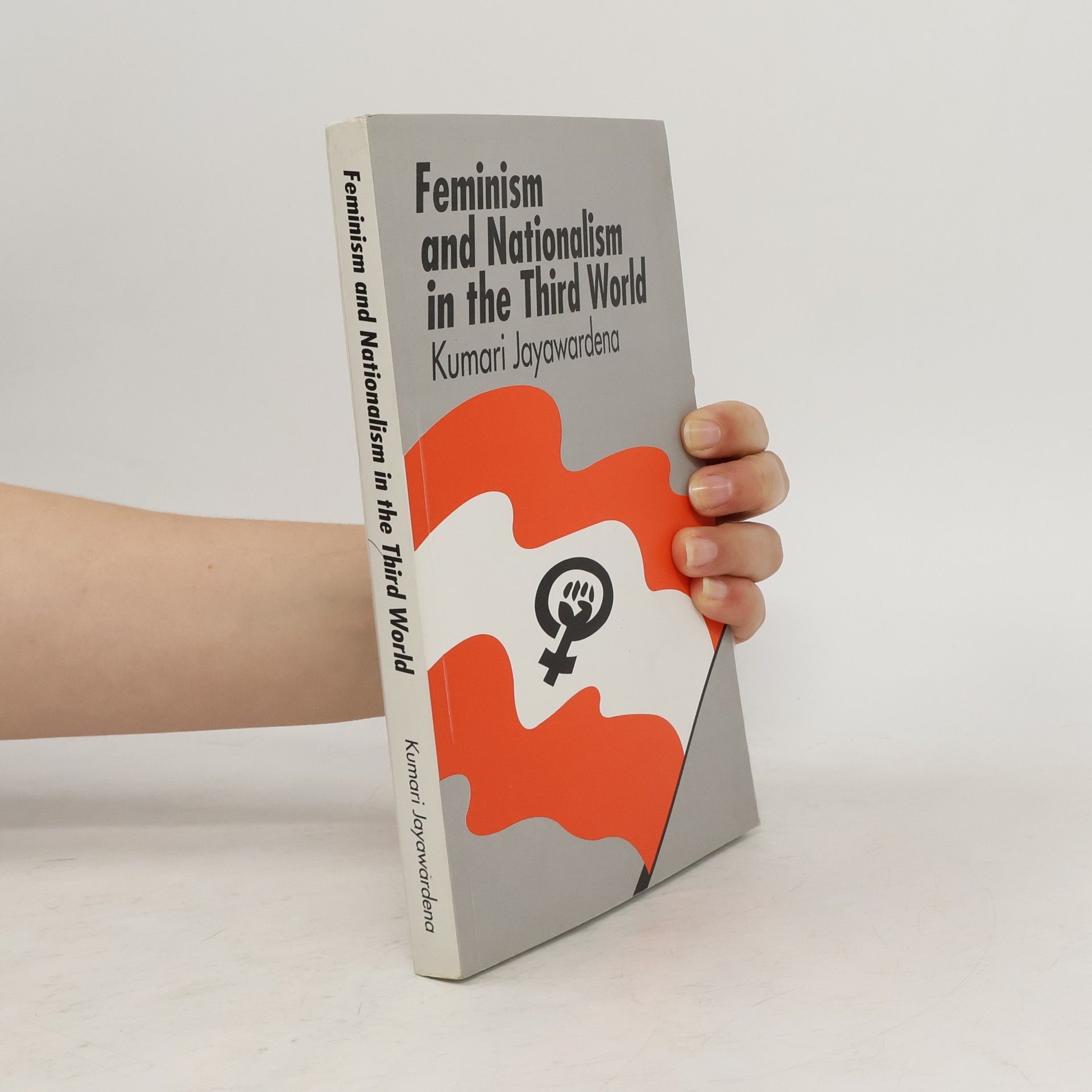Feminism and Nationalism in the Third World
- 275pages
- 10 heures de lecture
Cette série revisite des œuvres pionnières de la tradition féministe, proposant des textes fondateurs qui ont façonné la pensée politique, historique et critique. Elle présente des écrits influents d'autrices dont les idées continuent de résonner et d'enrichir les discussions contemporaines sur le féminisme, particulièrement à l'intersection des classes et des races. Ces volumes essentiels offrent des perspectives profondes sur l'évolution de la pensée féministe et son héritage durable. C'est une collection cruciale pour comprendre les racines des mouvements féministes modernes.






First published by The Dial Press 1978--Title page verso.
Elizabeth Martínez's work comprises one of the most important living histories of progressive activism in the contemporary era ... inimitable ... irrepressible ... indefatigable. -Angela Y. Davis
A powerful account of the day-to-day realities of Black women in Britain
A moving defence of the pleasures and pains of human solidarity. -Melissa Benn, Guardian A fascinating record of the changing face of socialism and feminism, observed with poignancy and acuity ... a woman of worth. - Independent Funny, poignant, courageous and combative, Making Trouble teems with insights on the culture and politics of the last four decades ... A book for young rebels of all ages. -Sheila Rowbotham An engrossing tale ... an account of the rich contribution that second-wave feminism has made to modern Britain. - Times Higher Education Required reading ... Given today's political climate, Segal's writing is as relevant as ever. - V Magazine
Pioneering study of how ideas about white women have shaped the history of racism
Classic analysis of gender relations and patriarchy under capitalism Close to Home is the classic study of family, patriarchal ideologies, and the politics and strategy of women’s liberation. On the table in this forceful and provocative debate are questions of whether men can be feminists, whether “bourgeois” and heterosexual women are retrogressive members of the women’s movement, and how best to struggle against the multiple oppressions women endure. Rachel Hills’s foreword to this new edition explores how Christine Delphy’s analysis of marriage as the institution behind the exploitation of unpaid women’s labor is as radical and relevant today as it ever was.
A groundbreaking attempt to theorise the feminist subject